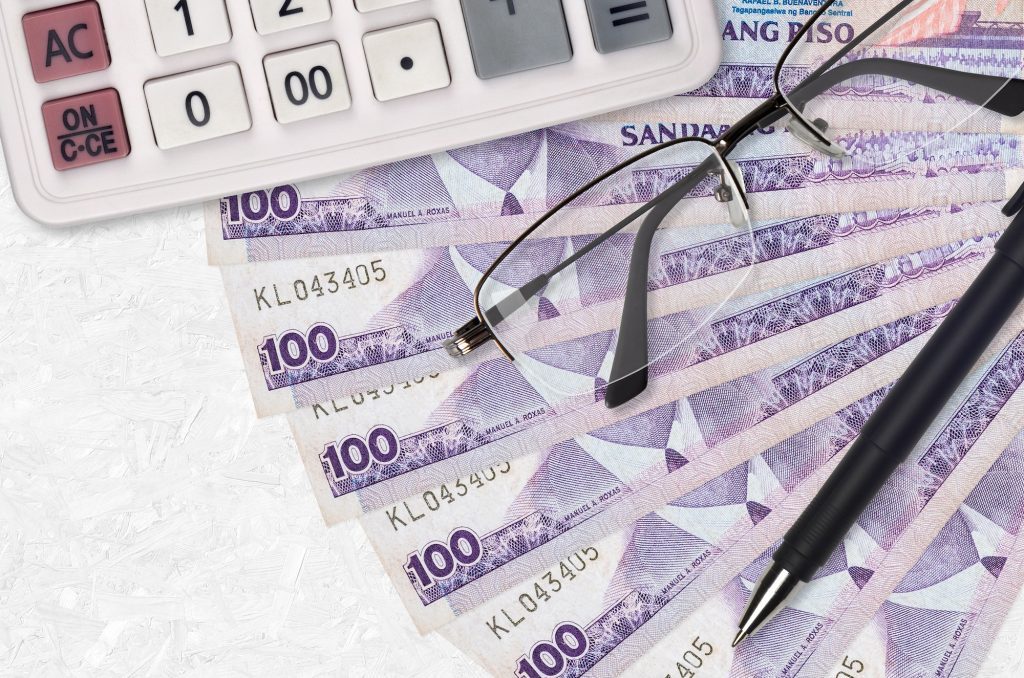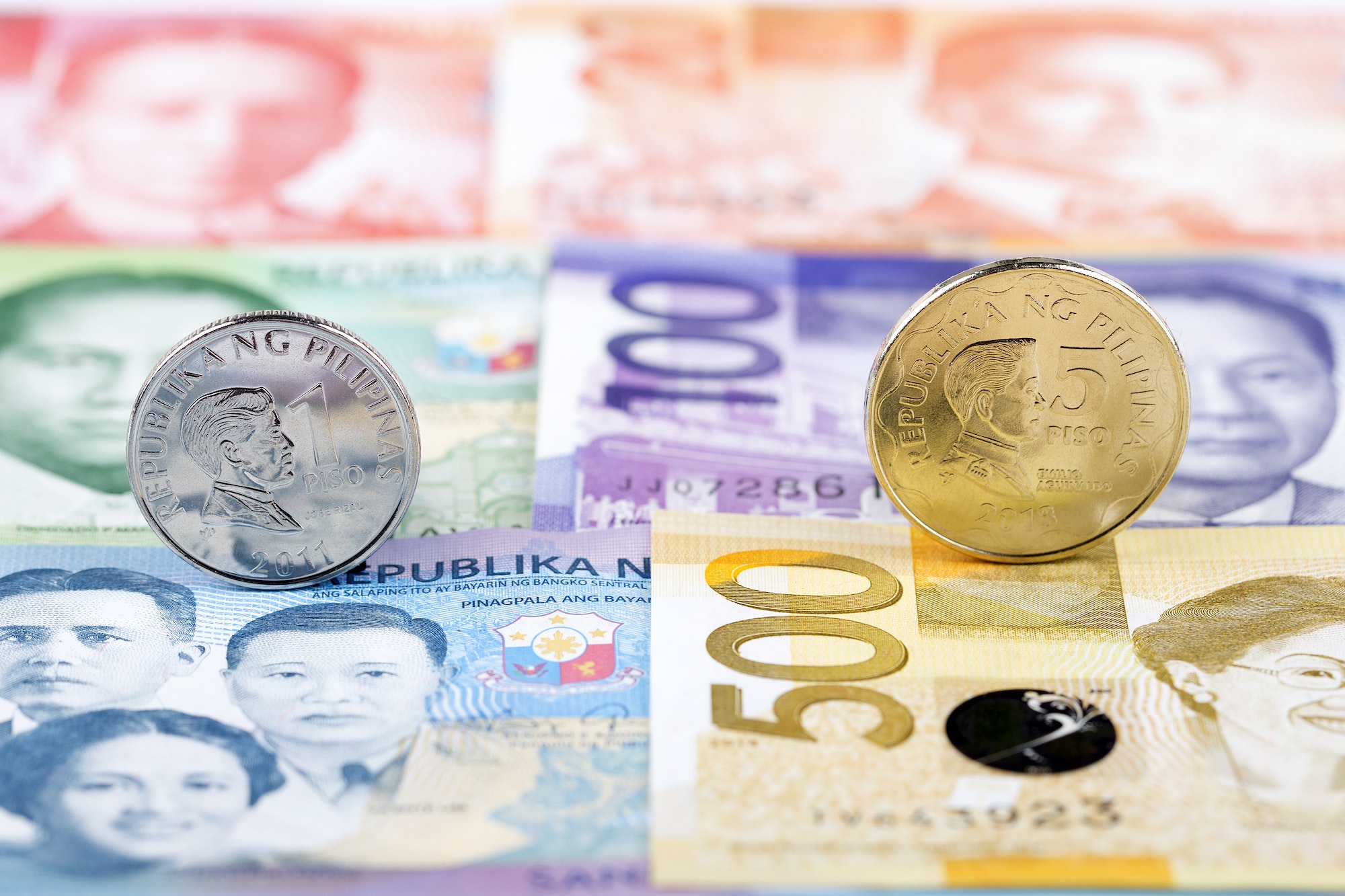If you’re a Filipino citizen, there’s a chance that you’ll have to pay travel tax for your next trip abroad. That’s because the government has introduced this new rule in order to make sure that everyone who travels outside the country pays their share of income tax on those trips. The good news is that it’s not very expensive; most people only need to pay ₱1,620 (or around $30 USD) per flight. That said, if you’re flying economy class or are under 60 years old then your rate will be lower at ₱950 (or $20 USD).
Travel tax applies to all Philippine citizens who have been residing abroad for more than 1 year.
You are a Philippine citizen who has been living abroad for more than one year and you are returning to the Philippines. You need to pay travel tax upon departure. Travel tax applies to all Philippine citizens who have been residing abroad for more than 1 year. You can pay this in cash at the airport or at a bank before your flight departs.
Travel tax is paid in the Philippines upon departure at international airports.

Travel tax is a departure fee that you pay when flying out of the Philippines. It’s paid in cash at the airport and costs 2.50USD per person, regardless of age, class or accommodation type. You’ll need to pay it at the counter or in an area designated for paying travel tax before you pass through security and go to your gate.
Some airports have separate counters for this purpose; otherwise, look for signs indicating where you need to go—it’s usually located near check-in desks or ticketing offices. If you don’t know what country your flight will leave from until after purchasing tickets, ask a representative about paying travel tax when booking flights so they can tell you which airport has a dedicated counter for this purpose.
The regular travel tax rate for economy class is ₱1,620.
The travel tax rate depends on the class of your ticket. The regular travel tax rate for economy class is ₱1,620. For business class, it’s ₱2,620. And first-class passengers pay an additional ₱3,620 in travel taxes.
Tourists who are not citizens should not pay travel tax.
Non-Filipino tourists are not required to pay the travel tax. They will just be charged a terminal fee of ₱550, which is equivalent to $10 USD. In other words, if you’re not a citizen of the Philippines, then you will only have to pay this fee when leaving the country by air. This terminal fee can be paid at your departure area or at any airport counter before you leave for your flight.
Seniors (ages 60 and up) and balikbayans (expatriate Filipinos) only pay ₱950.

Seniors (ages 60 and up) and balikbayans (expatriates) are exempt from paying the travel tax. For seniors, this means they do not pay any travel tax at all. For balikbayans, they have to pay only ₱950; which is a 75% discount off the regular price. The reason behind this is that seniors are deemed to be more frail than younger Filipinos and therefore more deserving of a lower rate compared to other people who aren’t as fragile as them.
Balikbayans on the other hand were born in the Philippines but for some reason had to leave it for work or other reasons such as studies abroad. When these people return home after staying away from their homeland for an extended period of time, we want them to feel like they’re still part of our culture—and by giving them cheaper rates when traveling back home helps achieve that goal!
Children ages 2 years old and below are exempt from paying travel tax.
The travel tax is required to be paid by everyone over the age of 18. Children ages 2 years old and below are exempt from paying travel tax.
Children 2 years old and above are required to pay travel tax, but they may be accompanied by their parents as well. If a child is travelling alone, he or she would have to pay the travel tax.
Travel tax in the Philippines depends on whether you’re a Filipino citizen or tourist, your age, and the class of your ticket.
You also need to factor in the class of your ticket. If you’re traveling domestically, the rate will be lower if you’re in a first class seat versus business or economy class. The same goes for international travel; the higher your ticket class, the more expensive it is overall.
The Philippines’ government has set rates for travel taxes according to age and citizenship status—but those vary depending on whether or not you are a Filipino citizen or tourist arriving from another country.





0 Comments